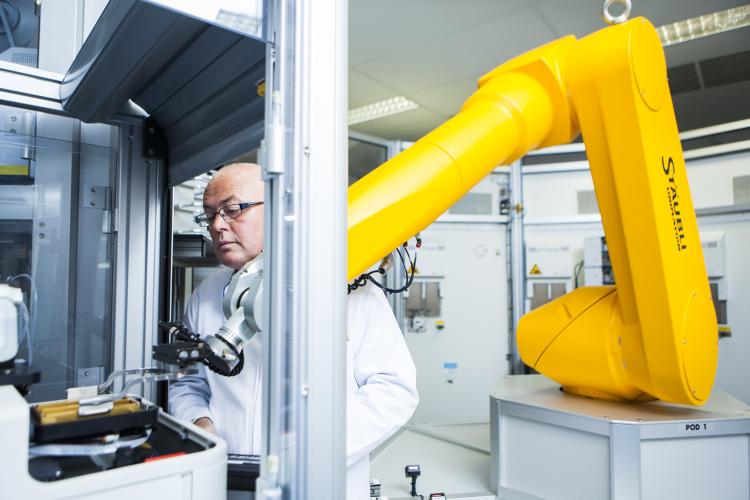What's the problem?
SMEs are important agents of change in the medical field as they drive innovation, have detailed technical expertise and can act as a key interface between the latest academic discoveries and implementation in industry. However, being small companies, SMEs often lack the exposure to the whole stakeholder network needed to optimise their products and services.
What are we doing about it?
The Innovative Health Initiative (IHI) is committed to supporting innovative companies such as SMEs which are often the home of niche expertise and play an important role in the development of disruptive medical technology. The Innovative Medicines Initiative (IMI) endeavoured to attract SMEs to take part in IMI projects and developed an IMI SME engagement strategy which involved explicitly embedding expected SME participation in call topics, preparing tailored SME communications for different stakeholders and disseminating those communications as widely as possible. SMEs can benefit from the open sharing of knowledge and data in IMI projects with access to large biobanks, laboratories, clinical centres and databases. This helps them test their products, gain expertise and develop new ideas. Thanks to direct contacts with industry partners, they also get opportunities to pitch their ideas and results to potential customers in industry. SMEs accounted for 16.1% of EU funded beneficiaries (by participations) in IMI2, 24.3% of EU funded beneficiaries (by participants) and they received 11.9% of EU funding up to 2020. Altogether, IMI attracted more than 300 SMEs to join our projects.
IHI / IMI is...
| ... supporting SMEs in drug discovery |
|
||
| ... supporting SMEs in data management |
|
||
| ... supporting SMEs in developing new products |
|



